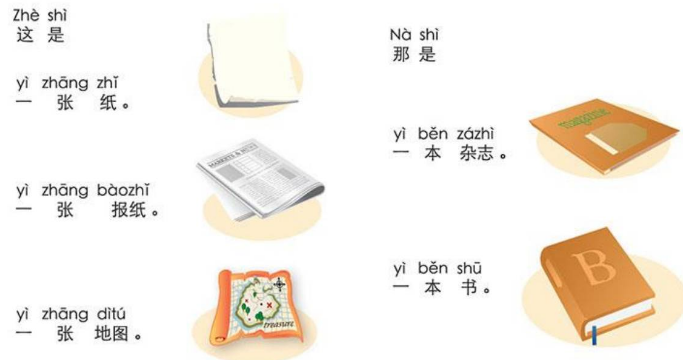Sentence Pattern yòng hàn yǔ zěn me shuō…? 用汉语怎么说 How do you say … in Chinese? … shì shén me yì sī? ……是什么意思? What does …. mean? nǐ jué de . . . zěn me yàng? 你觉得…怎么样? What do you think of…? yīn wèi . . …
measure word
liàng cí 量 词 measure word To access this lesson, you should upgrade to Great Wall Membership, Yangtze River Membership or Palace Museum Membership. …
Three words for ‘almost’ in Chinese – Using “差点儿”,“几乎”and“差不多”
Three words for ‘almost’ in Chinese – Using “差点儿”,“几乎”and“差不多” When you study Chinese or read Chinese texts, you are bound to find some different expressions that have the same translation or meaning. …
Continue Reading about Three words for ‘almost’ in Chinese – Using “差点儿”,“几乎”and“差不多” →
“suddenly” in Chinese – 突然 VS 忽然
ni hao! When you want to express “all of a sudden” or “suddenly”, there are two words that might come to mind: 突然 and 忽然. Both of these words can be used before verbs as an adverbial modifier. But are …
“I think” in Chinese – 认为 VS 以为
Nǐ hǎo 你好! A quick question first: how do you say “I think” in Chinese? 以为?认为? It is probably not easy for you to understand similar Chinese words such as “认为”(rènwéi), “以为”(yǐwéi) by yourself without …
“except” and “besides”
Nǐ hǎo! Sometimes the vocabulary on the textbooks shows a very vague translation which easily makes the learners misunderstand and misuse. A typical example is “除了” which often has two translations …

